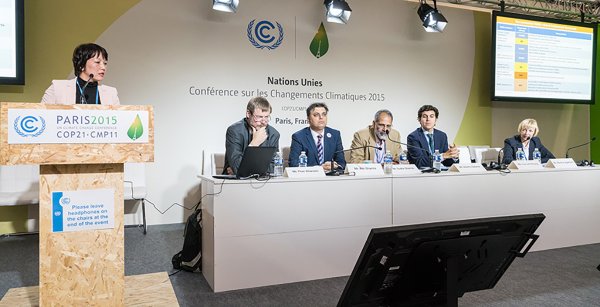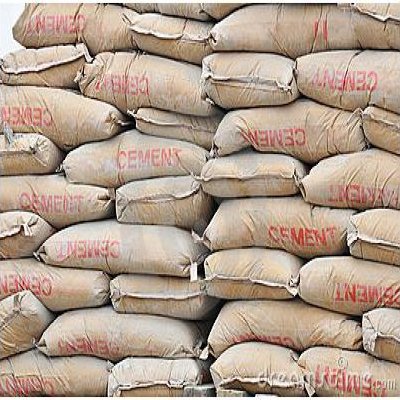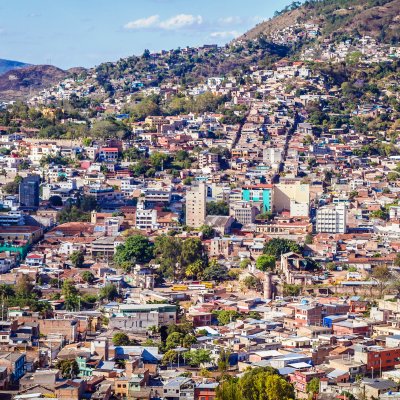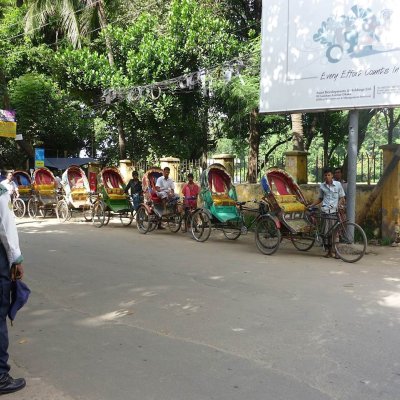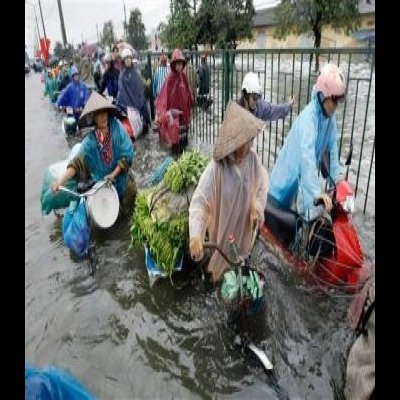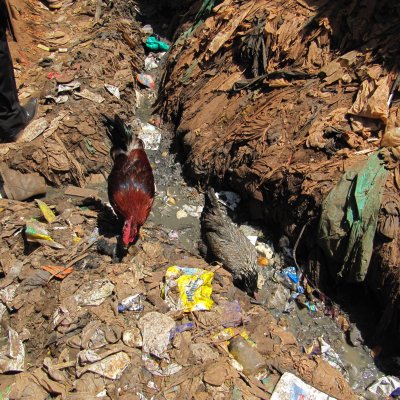Sustainable Transformation - Nordic experiences of NAMAs as building blocks for INDCs
NDF presents latest results on NAMA development in climate conference in Paris
Climate change is discussed in the United Nations Framework for Climate Change (UNFCCC) Conference of Parties during the first two weeks of December 2015 in Paris, France (COP21). The first side event for NDF took place on Monday 30 November 2015 and it was co-hosted together with the Nordic Council of Ministers and the Nordic Environment Finance Corporation (NEFCO).
NDF presented the Nordic contribution to Climate Finance Readiness and NDF’s contribution to sector wide transformation through the Nationally Appropriate Mitigation Action (NAMA) tools developed for various sectors, such as the transport sector. The event was opened and chaired by Ash Sharma, Special Adviser for Climate Change, NEFCO and Peer Stiansen, Chair of the Nordic Working Group for Nordic Climate Negotiations (NOAK). Both Peru and Vietnam presented their NAMA readiness programmes. Peru was represented by Alberto Galante, Director at Perspectives Climate Change, from Peru’s waste sector NAMA. Luu Linh Huong, Senior Official from the Ministry of Construction in Vietnam, presented an NDF-financed project, Nordic Partnership Initiative Pilot programme. Sudhir Sharma, Senior Climate Change Expert, shared the experiences and lessons learnt from NAMA development based on the UNEP DTU Partnership’s programmes
The countries participating in the climate negotiations outlined the actions they intend to take within the global agreement in March 2015. These commitments are known as Intended Nationally Determined Contributions or INDCs. For low-income countries, adopting an ambitious approach towards their INDC provides many economic and development opportunities.
All NDF partner countries have submitted their INDCs, outlining their greenhouse gas emission reduction targets. Often the conditions for implementing these emissions reductions are also specified in the INDCs. Through the projects financed by NDF, the Nordic countries support low-income countries in their efforts not only to achieve their emission reduction targets specified in their INDCs but also other co-benefits. The NDF-financed NAMA projects are one example of the building blocks for the INDCs.
NAMAs are large-scale emission reduction actions, driven by the host country and supported and enabled by international and domestic financing, technology, and capacity-building. NAMAs are expected to develop into an important mechanism to reduce greenhouse gas emissions and to enhance economic growth towards low-carbon development.
The UNFCCC side event provided practical insights on how NAMA development helps achieve sustainable impact and contributes to sector-wide transformation, builds the foundation for calculations and implementation of INDCs and national targets. The focus was on Nordic-financed NAMAs in Asia, Latin America and Africa.
Video: Sustainable Transformation: Nordic Experiences of NAMAs as Building Blocks for INDCs

